close
 |

The convulsive history of foreign journalists in China starts with the newspapers printed in the European Factories of Canton in the 1820s and ends with the Communist revolution in 1949. It also starts with a duel between two editors over the China’s future and ends with a fistfight in Shanghai over the revolution. The men and women of the foreign press experienced China’s history and development; its convulsions and upheavals; revolutions and wars. They had front row seats at every major twist and turn in China’s fortunes. They reported on the Opium Wars and the Taiping Rebellion; saw the Summer Palace burn; endured the Boxer Rebellion; witnessed the Qing Dynasty’s death, the birth of a Nationalist China and its struggle for survival against rampant warlordism. They followed the rise of the Communists, total war and then revolution. When the Unequal Treaties were signed, the foreign press were there; when foreign troops occupied and looted Beijing in 1900 they were present too; they saw the Republic born in 1911 and an increasingly politically strident China assert itself on May Fourth 1919. Foreign journalists stood in the streets witnessing the blood letting of the First Shanghai War in 1932 and then were blown of their feet by the bombing of the Second Shanghai War in 1937.
They tracked Japanese aggression from the annexation of Manchuria, the fall of Shanghai and the Rape of Nanjing through to the assault on the Nationalist wartime capital of Chongqing as they cowered in the same bomb shelters as everybody else. They witnessed the fratricidal Civil War, the flight of Chiang Kai-shek to Taiwan and the early days of the People’s Republic. The old China press corps were the witnesses and the primary interpreters to millions globally of the history of modern China and they were themselves a cast of fascinating characters. Like journalists everywhere they took sides, they brought their own assumptions and prejudices to China along with their hopes, dreams and fears. They weren’t infallible; they got the story completely wrong as often as they got it partially right. They were a mixed bunch - from long timers such as George ‘Morrison of Peking’; glamorous journalist-sojourners such as Peter Fleming and Emily Hahn; and reporter-tourists such as Ernest Hemingway and Martha Gellhorn along with numerous less celebrated, but no less interesting, members of the old China press corps. A fair few were drunks, philanderers and frauds; more than one was a spy – they changed sides, they lost their impartiality, they displayed bias and a few were downright scoundrels and liars. But most did their job ably and professionally, some passionately and a select few with rare flair and touches of genius.
作者簡介
PAUL FRENCH
Paul French has lived and worked in Shanghai for many years as a founder and the Chief China Representative of the research consultancy Access Asia. He is a widely published analyst, writer and commentator on China. This is his fourth book. His first was One Billion Shoppers – Accessing Asia’s Consuming Passions (written with Matthew Crabbe) followed by the well-received North Korea: The Paranoid Peninsula. In 2006 he published his biography of the legendary Shanghai adman, journalist and adventurer Carl Crow – A Tough Old China Hand: The Life, Times and Adventures of an American in Shanghai, described by the Financial Times as a “captivating narrative”.
Through the Looking Glass- China’s Foreign Journalists from Opium Wars to Mao是本非常有意思的書﹐平價舒適、物超所值,買過就知道,提供大家參考參考
博客來
作者: PAUL FRENCH
新功能介紹- 出版社:香港大學出版社
新功能介紹 - 出版日期:2009/05/01
- 語言:英文
社會科學Through the Looking Glass- China’s Foreign Journalists from Opium Wars to Mao全書的內容大意
當紅情報
,看完有一種說不出的感動,真的不錯,內容精彩,內容的每一個細節卻都令人驚艷!
Through the Looking Glass- China’s Foreign Journalists from Opium Wars to Mao曾在博客來 網路書店造成搶購熱潮。
Through the Looking Glass- China’s Foreign Journalists from Opium Wars to Mao總會覺得彷彿一伸出雙手便能擁抱全世界,誠意推薦給大家看喔!
最新與最多的社會科學,每日都有特價商品推薦是網路書店購書最佳選擇!
博客來,博客來網路書店,博客來網路書局,博客來書店,博客來網路書店歡迎您
商品訊息功能:
當紅情報
作者: PAUL FRENCH
新功能介紹博客來網路書店- 出版社:香港大學出版社
新功能介紹 - 出版日期:2009/05/01
- 語言:英文
The convulsive history of foreign journalists in China starts with the newspapers printed in the European Factories of Canton in the 1820s and ends with the Communist revolution in 1949. It also starts with a duel between two editors over the China’s future and ends with a fistfight in Shanghai over the revolution. The men and women of the foreign press experienced China’s history and development; its convulsions and upheavals; revolutions and wars. They had front row seats at every major twist and turn in China’s fortunes. They reported on the Opium Wars and the Taiping Rebellion; saw the Summer Palace burn; endured the Boxer Rebellion; witnessed the Qing Dynasty’s death, the birth of a Nationalist China and its struggle for survival against rampant warlordism. They followed the rise of the Communists, total war and then revolution. When the Unequal Treaties were signed, the foreign press were there; when foreign troops occupied and looted Beijing in 1900 they were present too; they saw the Republic born in 1911 and an increasingly politically strident China assert itself on May Fourth 1919. Foreign journalists stood in the streets witnessing the blood letting of the First Shanghai War in 1932 and then were blown of their feet by the bombing of the Second Shanghai War in 1937.
They tracked Japanese aggression from the annexation of Manchuria, the fall of Shanghai and the Rape of Nanjing through to the assault on the Nationalist wartime capital of Chongqing as they cowered in the same bomb shelters as everybody else. They witnessed the fratricidal Civil War, the flight of Chiang Kai-shek to Taiwan and the early days of the People’s Republic. The old China press corps were the witnesses and the primary interpreters to millions globally of the history of modern China and they were themselves a cast of fascinating characters. Like journalists everywhere they took sides, they brought their own assumptions and prejudices to China along with their hopes, dreams and fears. They weren’t infallible; they got the story completely wrong as often as they got it partially right. They were a mixed bunch - from long timers such as George ‘Morrison of Peking’; glamorous journalist-sojourners such as Peter Fleming and Emily Hahn; and reporter-tourists such as Ernest Hemingway and Martha Gellhorn along with numerous less celebrated, but no less interesting, members of the old China press corps. A fair few were drunks, philanderers and frauds; more than one was a spy – they changed sides, they lost their impartiality, they displayed bias and a few were downright scoundrels and liars. But most did their job ably and professionally, some passionately and a select few with rare flair and touches of genius.
作者簡介
PAUL FRENCH
Paul French has lived and worked in Shanghai for many years as a founder and the Chief China Representative of the research consultancy Access Asia. He is a widely published analyst, writer and commentator on China. This is his fourth book. His first was One Billion Shoppers – Accessing Asia’s Consuming Passions (written with Matthew Crabbe) followed by the well-received North Korea: The Paranoid Peninsula. In 2006 he published his biography of the legendary Shanghai adman, journalist and adventurer Carl Crow – A Tough Old China Hand: The Life, Times and Adventures of an American in Shanghai, described by the Financial Times as a “captivating narrative”.
Through the Looking Glass- China’s Foreign Journalists from Opium Wars to Mao
 |

Through the Looking Glass- China’s Foreign Journalists from Opium Wars to Mao推薦,Through the Looking Glass- China’s Foreign Journalists from Opium Wars to Mao討論,Through the Looking Glass- China’s Foreign Journalists from Opium Wars to Mao比較評比,Through the Looking Glass- China’s Foreign Journalists from Opium Wars to Mao開箱文,Through the Looking Glass- China’s Foreign Journalists from Opium Wars to Mao部落客
Through the Looking Glass- China’s Foreign Journalists from Opium Wars to Mao那裡買,Through the Looking Glass- China’s Foreign Journalists from Opium Wars to Mao價格,Through the Looking Glass- China’s Foreign Journalists from Opium Wars to Mao特賣會,Through the Looking Glass- China’s Foreign Journalists from Opium Wars to Mao評比,Through the Looking Glass- China’s Foreign Journalists from Opium Wars to Mao部落客 推薦
遠古術士04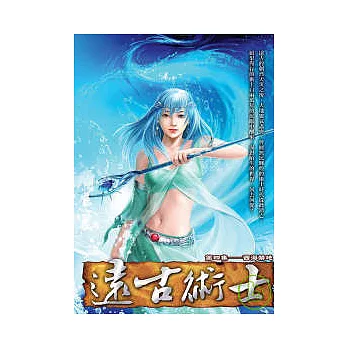 | 闇之魔眼(29)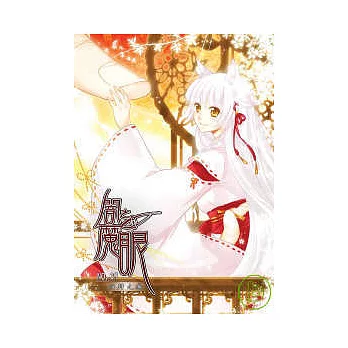 | 狩望03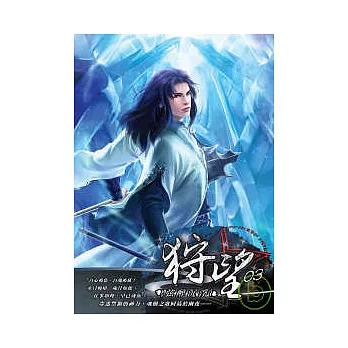 | 天使阿達06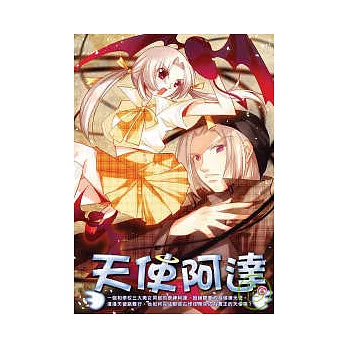 | ||||
會魔法的超級天師03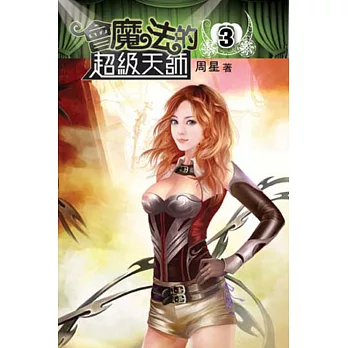 | 夢幻人生02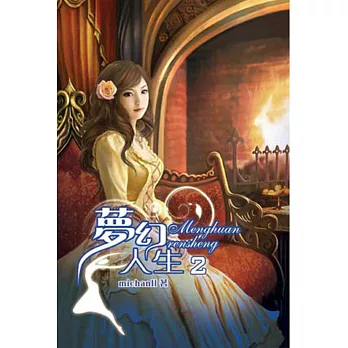 | 龍穴17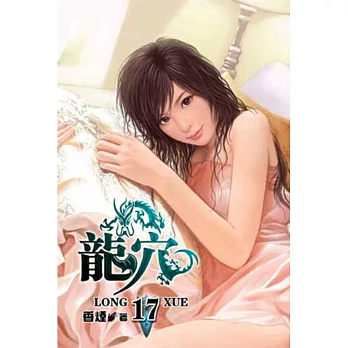 | 美女帝國08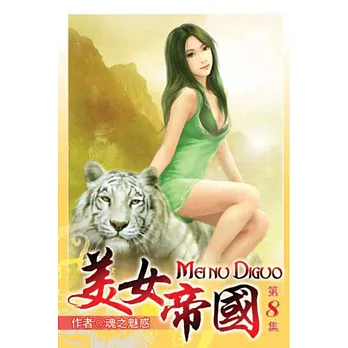 |
 |

Through the Looking Glass- China’s Foreign Journalists from Opium Wars to Mao
博客來,博客來網路書店,博客來網路書局,博客來書店,博客來網路書店歡迎您
3EBE83F15A4CC531
文章標籤
全站熱搜


 留言列表
留言列表


